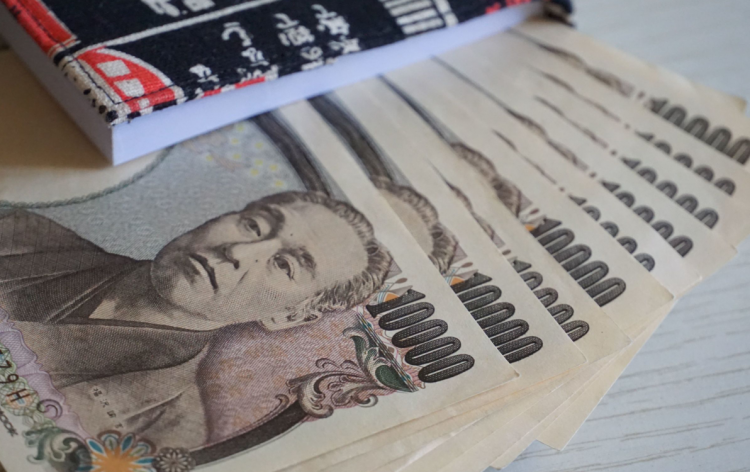The Decline of the Japanese Yen: Reasons and Implications for the Forex Market

The Japanese yen, one of the world’s most traded currencies, has been performing poorly in recent days, sinking to its lowest level in months. Forex traders have been keeping a close eye on the yen, as it is considered a safe-haven currency and tends to appreciate during times of uncertainty or market turbulence. However, the yen has been under pressure due to a variety of factors, including rising bond yields and a stronger US dollar. Additionally, Japan’s slow pace of COVID-19 vaccinations and concerns over the country’s economic recovery has also contributed to the yen’s decline. This article will explore the reasons behind the yen’s recent poor performance and what it could mean for the global forex market.
How The Japanese Yen is Performing on The FX Market
Japan’s currency, the Japanese yen (JPY), is a highly traded currency globally, and is often viewed as a safe-haven currency given Japan’s reputation for stability in both political and economic domains. However, in recent weeks, the yen has been underperforming on the foreign exchange (forex) trading market.
One factor contributing to the recent weakness of the yen is the increase in demand for riskier assets such as stocks and cryptocurrencies, which has driven investors away from traditional safe-haven assets. Additionally, the Bank of Japan’s recent monetary policy decisions, including its decision to maintain its negative interest rate policy, have not inspired confidence in the yen’s future performance.
Fluctuations in the yen’s value have been influenced by a number of factors, including changes in the global economic outlook, geopolitical tensions, and shifts in investor sentiment. For example, during the COVID-19 pandemic, the yen saw significant fluctuations due to its perceived safe-haven status as investors sought to reduce their exposure to riskier assets.
In terms of trends, the yen has historically been considered a currency with a relatively stable value. However, in recent years, the yen has experienced more volatility, particularly in response to global economic and political developments. This volatility has made it more challenging for investors to predict the yen’s future performance and has increased the risk associated with investing in the currency.
Overall, while the yen’s reputation as a safe-haven currency remains intact, recent trends suggest that it may not be as attractive to investors as it once was. The ongoing economic and political uncertainty caused by the COVID-19 pandemic, coupled with the Bank of Japan’s monetary policy decisions, are likely to continue influencing the yen’s performance in the coming months. Investors interested in trading the yen should carefully consider these factors and closely monitor the currency’s value and fluctuations in order to make informed investment decisions.
Yen Sinks Against EUR
On Tuesday, the Japanese yen continued its sharp decline in the forex market, reaching a 15-year low against the euro. This was largely due to the Bank of Japan’s dovish stance, which has had lasting implications. At the same time, the Australian dollar saw a one-week high, following the Reserve Bank of Australia’s surprise rate hike and indication of further tightening in the future.
The Reserve Bank of Australia (RBA) increased the cash rate to 3.85% and stated that additional tightening might be required to achieve the inflation target within a reasonable time. Following the announcement, the Australian dollar appreciated by 1% to slightly below 67 US cents, its highest level since April 25th, having traded near 66 cents for most of the previous week.
The euro also increased by 0.24% to 151.31 yen, marking its highest level since September 2008. Meanwhile, the greenback saw a 0.21% gain, reaching 137.74 yen for the first time since March 8th. If it goes above 137.90, this would be the highest level seen this year.
Experts believe that the BOJ’s decision to maintain its negative interest rate policy has encouraged speculators to put yen carry trades back on, leading to further depreciation of the currency.
On the other hand, there is an expectation that the European Central Bank (ECB) will continue its trend of raising rates, potentially with a 50 basis-point increase, at its upcoming meeting. This has lifted the euro to an over one-year peak at $1.1096. On Wednesday, the Federal Reserve is scheduled to increase rates by a quarter point, and investors will be watching closely for any indication that the central bank may pause rate increases after May, or if another hike may be possible in June or later. The monthly employment data released on Friday may provide some clues about this.
Notably, Japan will be observing the Golden Week holidays from Wednesday until the end of the weekend, coinciding with these key events.


























Comments (0 comment(s))